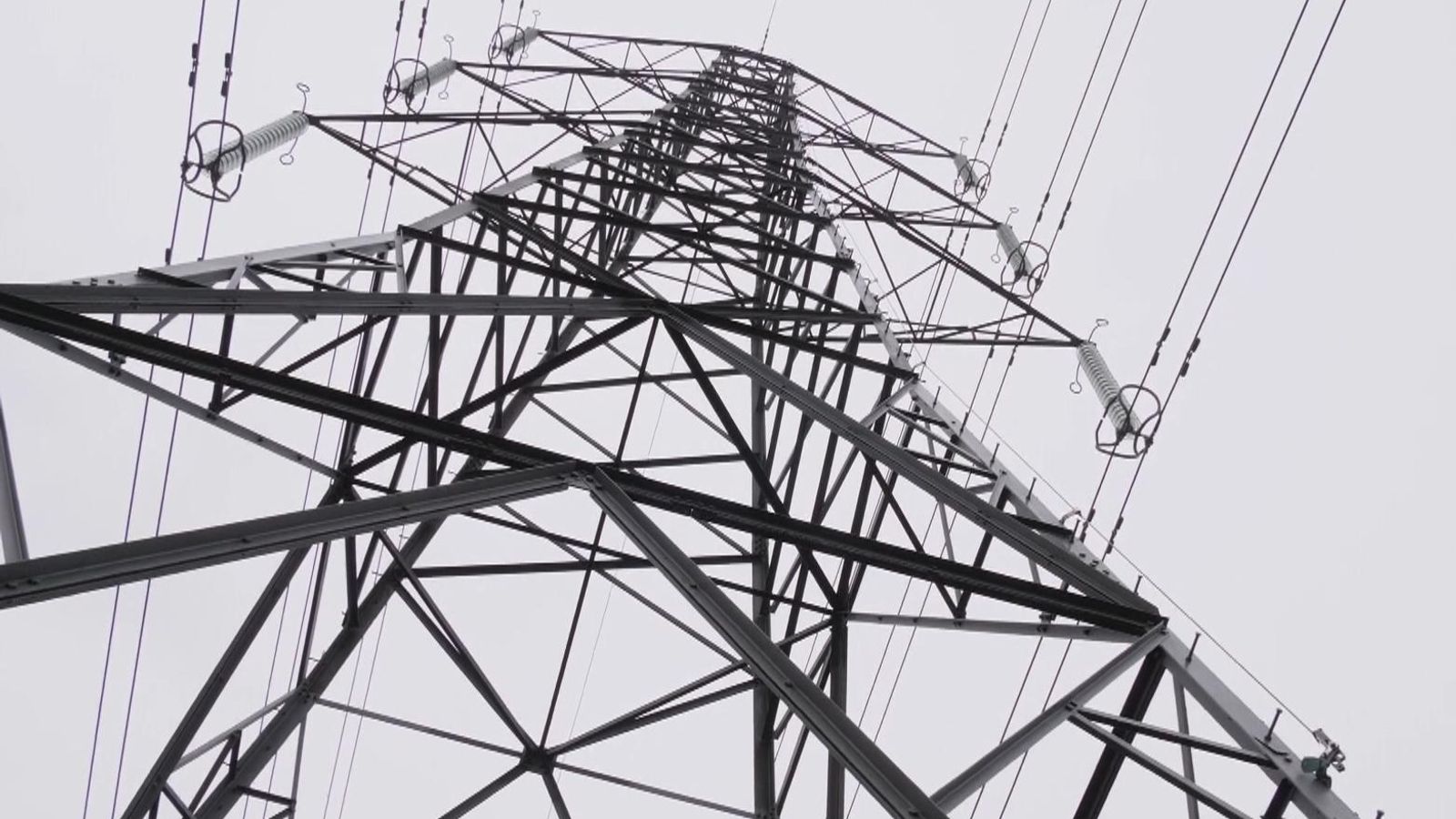Ofgem has launched a discussion on the energy price cap, floating options such as a cap based on things such as vulnerability and when energy is used.
The price cap was introduced in January 2019 to prevent people on variable tariffs being ripped off. Initially it was changed a couple of times a year but since 2022 it has been updated every three months.
Ofgem, the energy regulator that sets the price cap, said the time had come to look at how it should change to ensure customers pay a fair price for their energy and get the benefits of net zero.
It said that, as more households opt for time-of-use tariffs, it could become more difficult to retain a universal price cap suitable for everyone.
Options presented in Ofgem’s discussion paper include a price cap that take time-of-use into account, as well as a targeted cap that includes factors such as a customer’s vulnerability, and protection such as capping the margin suppliers can make.
Tim Jarvis, director general of retail and markets at Ofgem, said: “We’re looking in detail at the elements of the price cap that have worked well and the challenges we’ve identified in recent years, while also considering how a wide range of future consumers will use and pay for energy to make sure we develop the right measures that will protect and benefit consumers across the board.”
Read more:
Energy bills set to fall by almost £300 a year to cheapest in two years
What is the energy price cap – and how will it affect my bills?
The cap – and bills – shot up after major gas supplier Russia launched a full-scale invasion of Ukraine in February 2022 – the cap in the winter of 2021/22 was £1,216 but by January last year it had soared to over £4,000.
Between April and the end of June, the cap – based on a typical household using electricity and gas and paying by direct debit – will go down to £1,690.
Critics of the price cap say it has become a barrier to competition, leading to higher prices and higher inflation.
Ofgem’s consultation is open until 6 May and seeks views from charities, consumer groups, businesses, bill-payers and suppliers.
